Reasons Women Can’t Join Special Forces in India: The participation of women in the Indian Armed Forces has seen an increasing trend in recent years. Still, the presence of women in combat roles, especially in the Special Forces, remains a topic of ongoing debate and scrutiny.
These elite units require soldiers to perform under highly stressful conditions that push the boundaries of human capabilities.
For a long time, the majority of the defense services around the world, including India, considered these roles unsuitable for women, citing various physical, physiological, and social reasons. This article aims to shed light on these challenges, helping us understand the complex dynamics at play.
Also Read: Women Volunteered for Special Forces Failed To Qualify
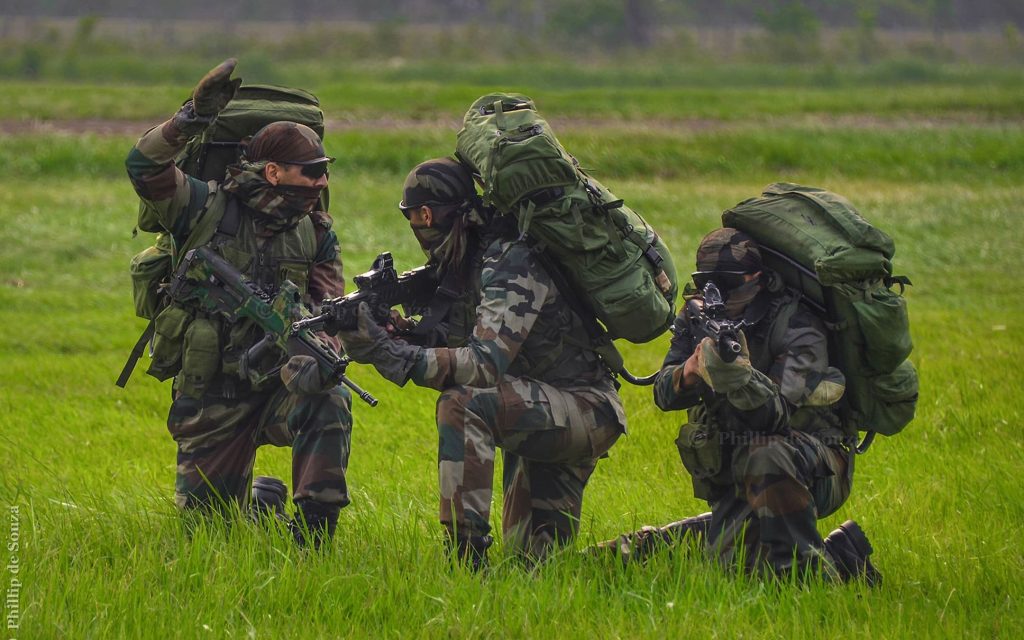
Reasons Women Can’t Join Special Forces
Physical Challenges:
- Rigorous Training: Training for the Special Forces involves a broad spectrum of physically demanding activities, including long-distance running, weight training, swimming, high-altitude mountain climbing, and other endurance activities. These rigorous training regimens are designed to push soldiers to their limits, enhancing their resilience, and improving their physical and mental toughness. Studies suggest that women, on average, have lower physical strength and aerobic capacity than men, which may pose additional challenges during the intensive training stages.
- Combat Situations: Special Forces often operate in hostile and extreme environments, requiring exceptional physical strength, stamina, and endurance. While it’s undeniable that many women can and do train to achieve significant levels of physical fitness, the physical differences between genders do exist. The average woman has less total muscle mass and bone density compared to an average man, which could potentially impact their ability to carry heavy equipment, engage in hand-to-hand combat, or evacuate injured comrades in a war zone.
Physiological and Biological Factors:
- Reproductive Health: The intense training and combat situations of the Special Forces could potentially have a detrimental effect on a woman’s reproductive health. Prolonged physical stress can lead to hormonal imbalances, leading to issues like irregular menstrual cycles and sometimes infertility. Moreover, pregnancy and childbirth would necessitate a break from duty, which could be logistically challenging in Special Forces units.
- Musculoskeletal Injuries: Research indicates that women are more susceptible to certain types of injuries, including musculoskeletal injuries, compared to men. Factors such as differences in bone structure and muscular development contribute to this increased susceptibility, which can be a concern given the physically intense nature of Special Forces operations.
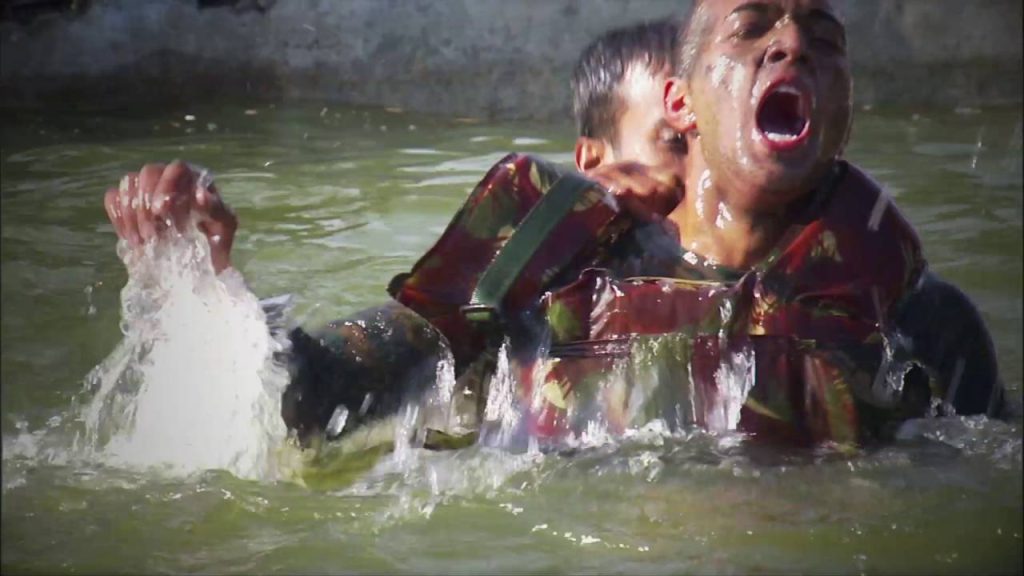
Societal and Organizational Challenges:
- Perception and Bias: Despite progress in gender equality, societal and institutional biases persist. Women in the armed forces often face stereotypes and prejudices that question their ability to perform as effectively as their male counterparts, especially in combat roles. This bias can influence the treatment and opportunities available to women within these units.
- Logistical Challenges: Accommodating women in units that have been exclusively male for a long time brings its own set of challenges. These include the provision of separate living and sanitary facilities, issues around privacy, and the need for policy changes regarding sexual harassment and fraternization.
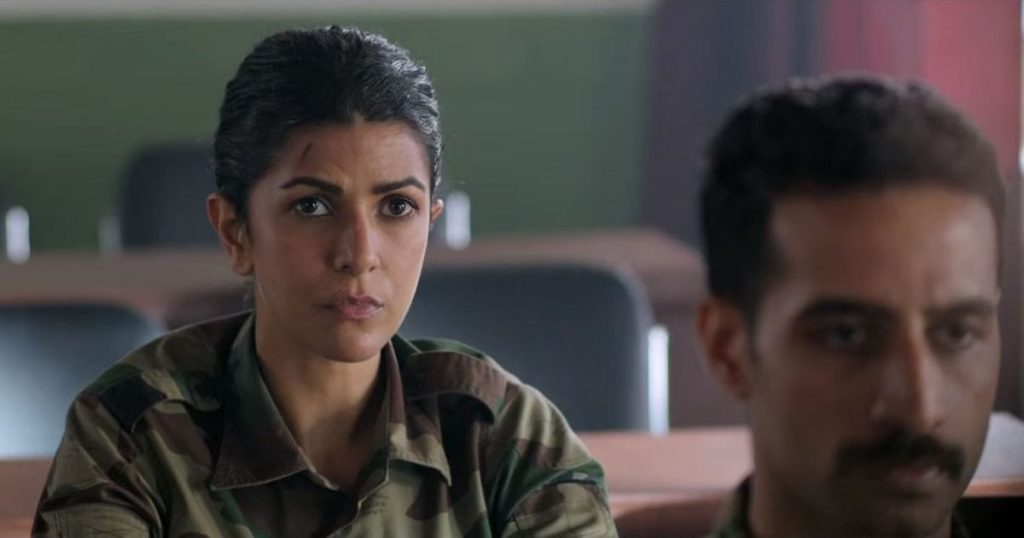
Also Read: Can a Para SF Officer join the R&AW
The Indian Special Forces, like other elite military units around the globe, adhere to highly rigorous training protocols to ensure their personnel are prepared for the demands of the role. Each candidate must meet the same exacting standards, a principle that remains in place even as more women aspire to join these elite ranks. This article explores why the Indian Special Forces will not, and should not, lower their training standards for women.
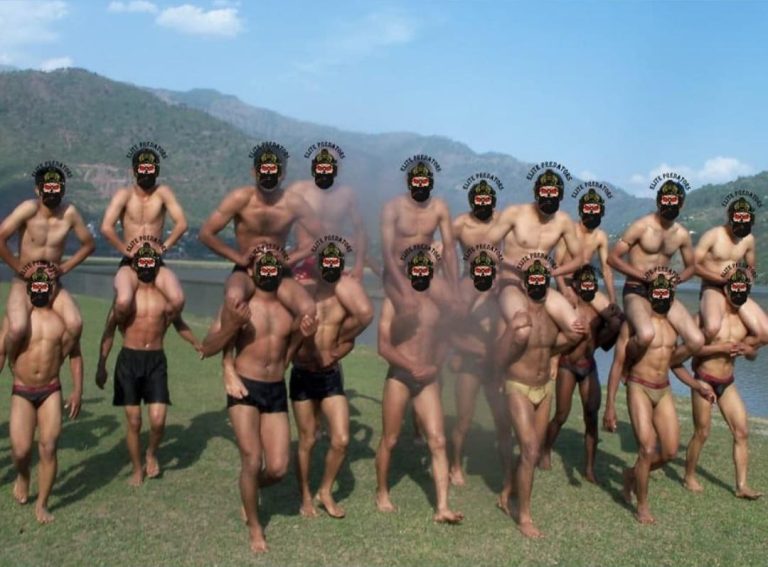
Why Indian Special Forces Will Not Lower their Training Standards for Women
Maintaining Operational Efficiency:
- Standard Uniformity: The primary responsibility of the Special Forces is to safeguard national security. This role demands the ability to perform under extreme conditions, carrying out missions that require exceptional physical and mental stamina. These standards are not arbitrarily set but are tied to the operational tasks that a Special Forces soldier must perform. Lowering standards for any individual, regardless of gender, could potentially compromise mission success and risk lives.
- Physical Demands: The physical requirements for Special Forces are directly linked to battlefield demands. Carrying heavy equipment, engaging in hand-to-hand combat, evacuating injured comrades, and operating in hostile terrains are all part of the job. These tasks require a certain level of physical capability that cannot be compromised.
- Ensuring Equality and Respect: Lowering the training standards for women may unintentionally reinforce the stereotype that women are less capable than men, which could undermine team cohesion and mutual respect. By maintaining the same standards for all, the Special Forces can ensure that all members have proven their capabilities and earned their place, regardless of gender.
- Benchmark for Excellence: The Special Forces are often seen as the epitome of military excellence. Lowering standards for any reason could tarnish this reputation and lower morale within the ranks. By upholding their rigorous training standards, the Special Forces can continue to set an example for the rest of the military.
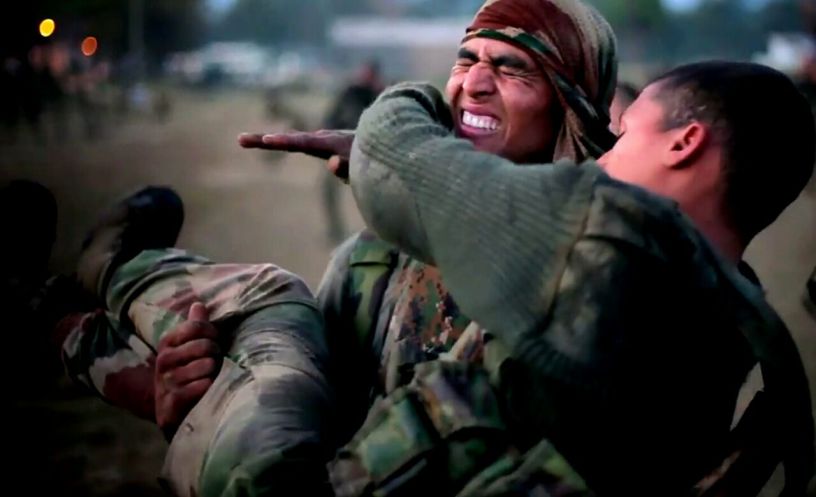
Overcoming Challenges:
While maintaining the same standards for men and women is crucial, it is equally important to acknowledge and address the unique challenges that women may face in meeting these standards.
Providing additional support, such as tailored training programs and access to specialists like physiotherapists and nutritionists, can help women prepare for and meet the demands of the Special Forces training. Furthermore, tackling institutional and societal biases that could act as barriers for women is also critical.
Conclusion:
While the challenges outlined above are significant, they are not insurmountable. Other nations, such as the United States and Israel, have successfully integrated women into combat roles, including their special forces, suggesting that these barriers can be overcome with the right policies and training protocols.
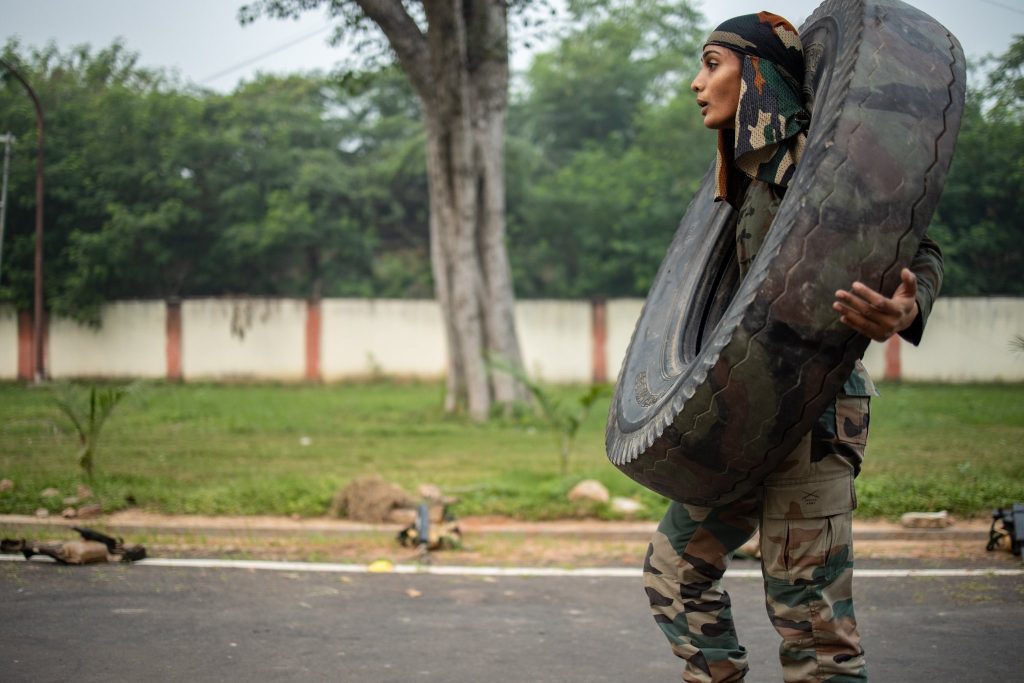
It is important to note that capability and performance in the Special Forces should be determined by an individual’s physical and mental strength, resilience, and dedication, regardless of gender. By continuing to challenge stereotypes and pushing for inclusion, the Indian Armed Forces can pave the way for a more diverse and resilient future.

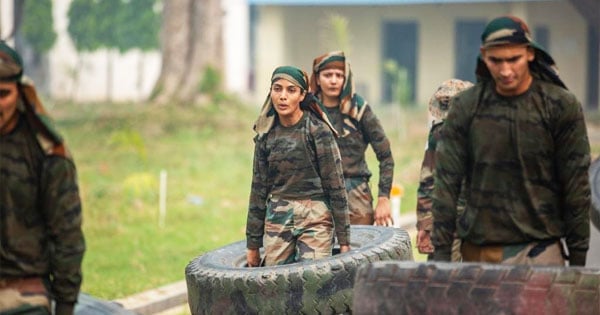

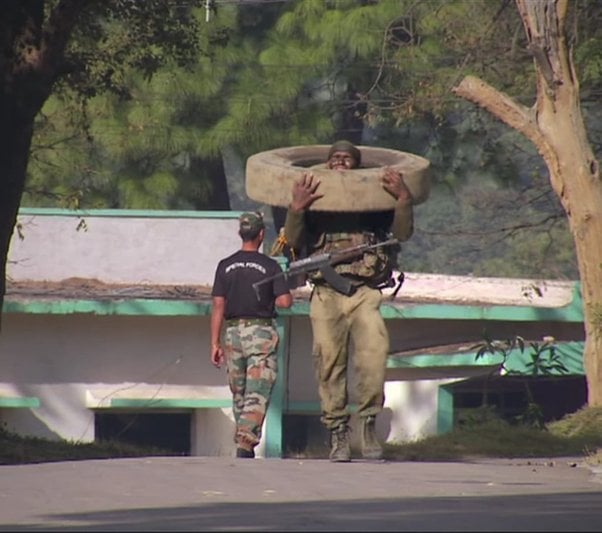
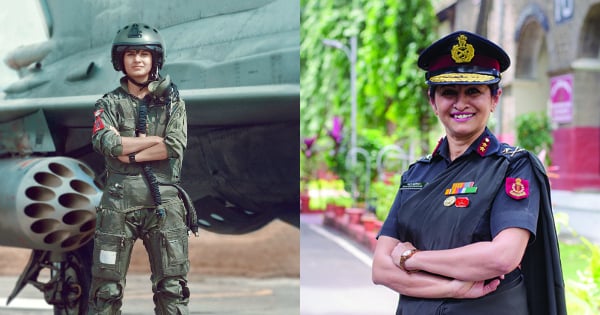
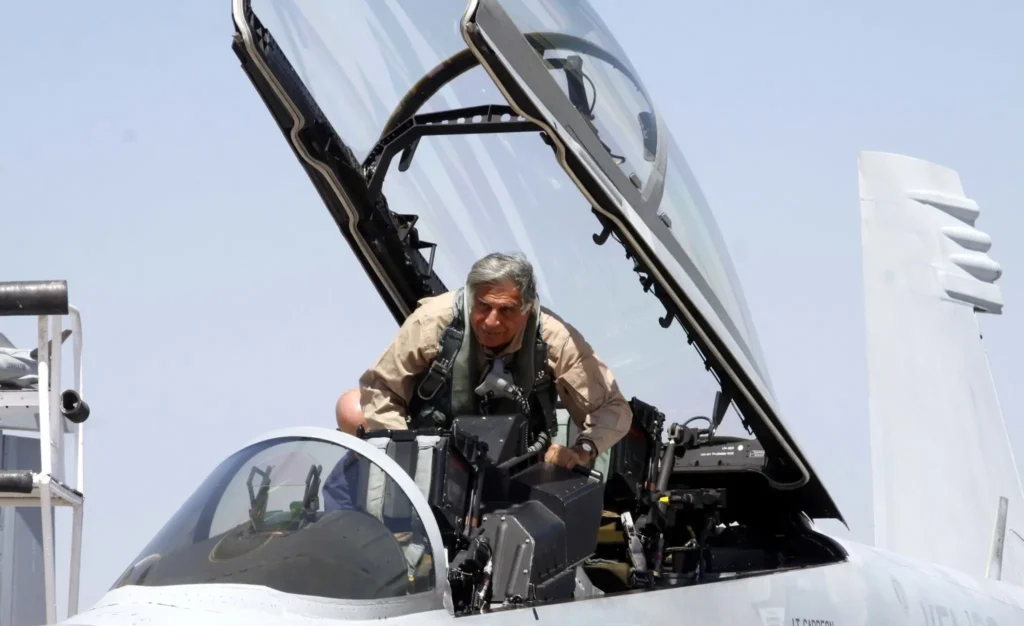
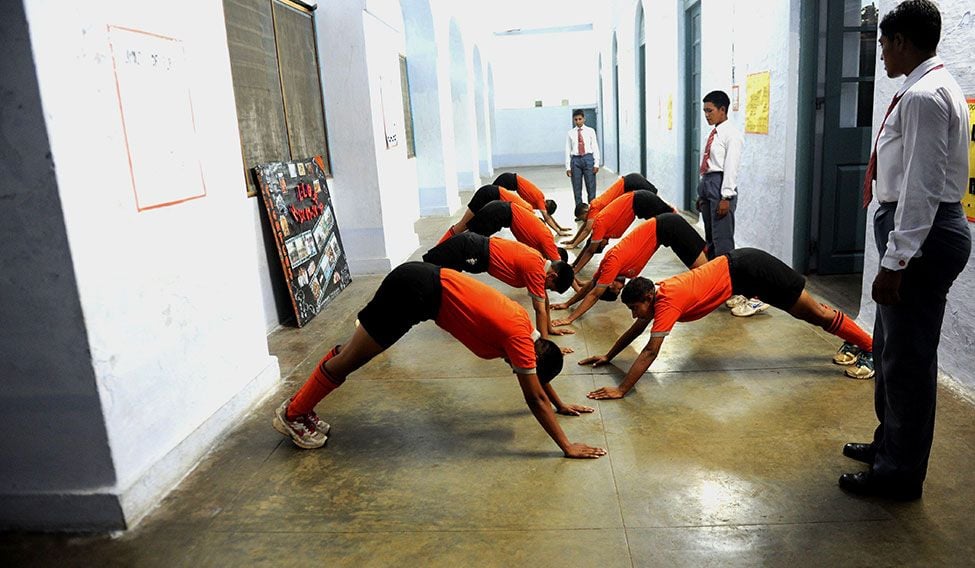
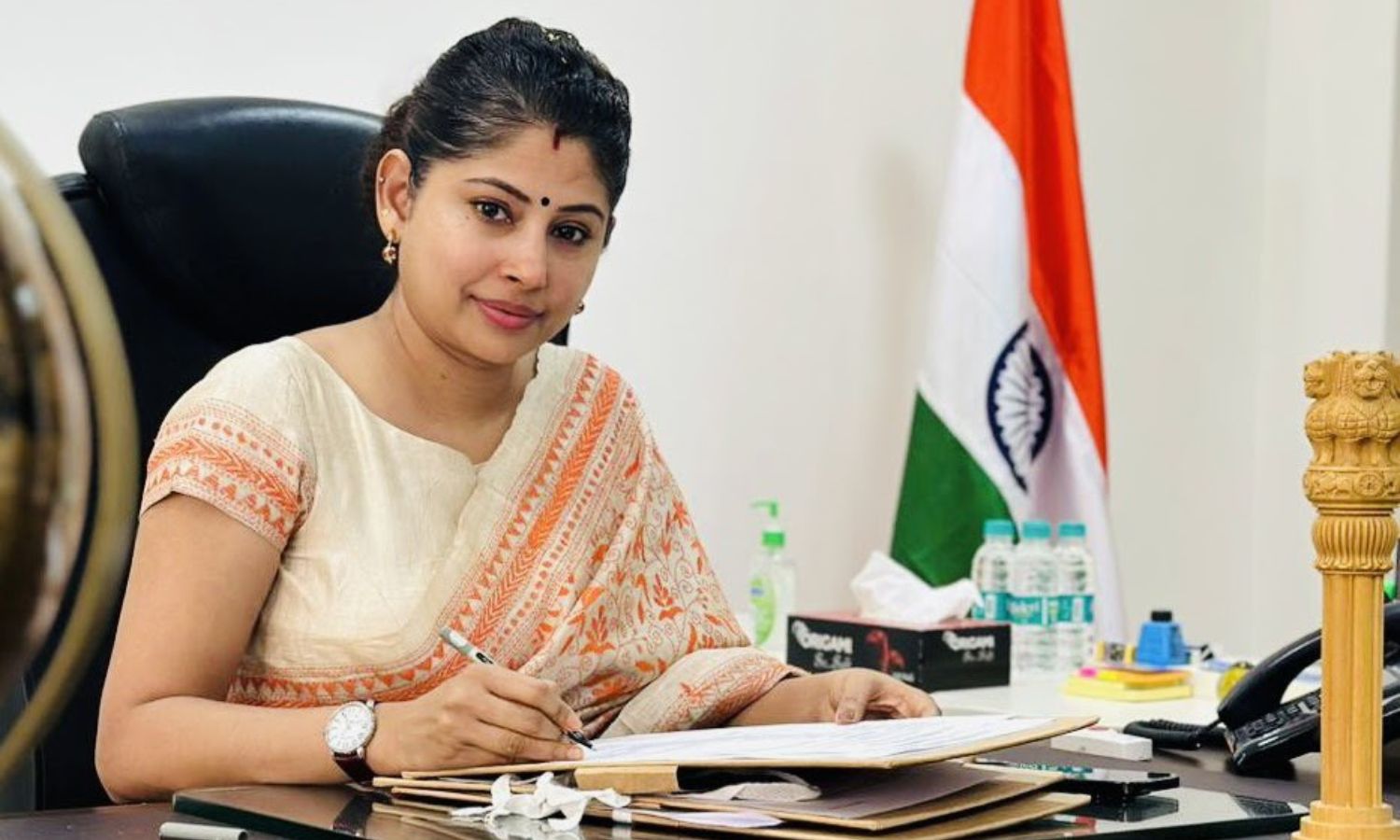
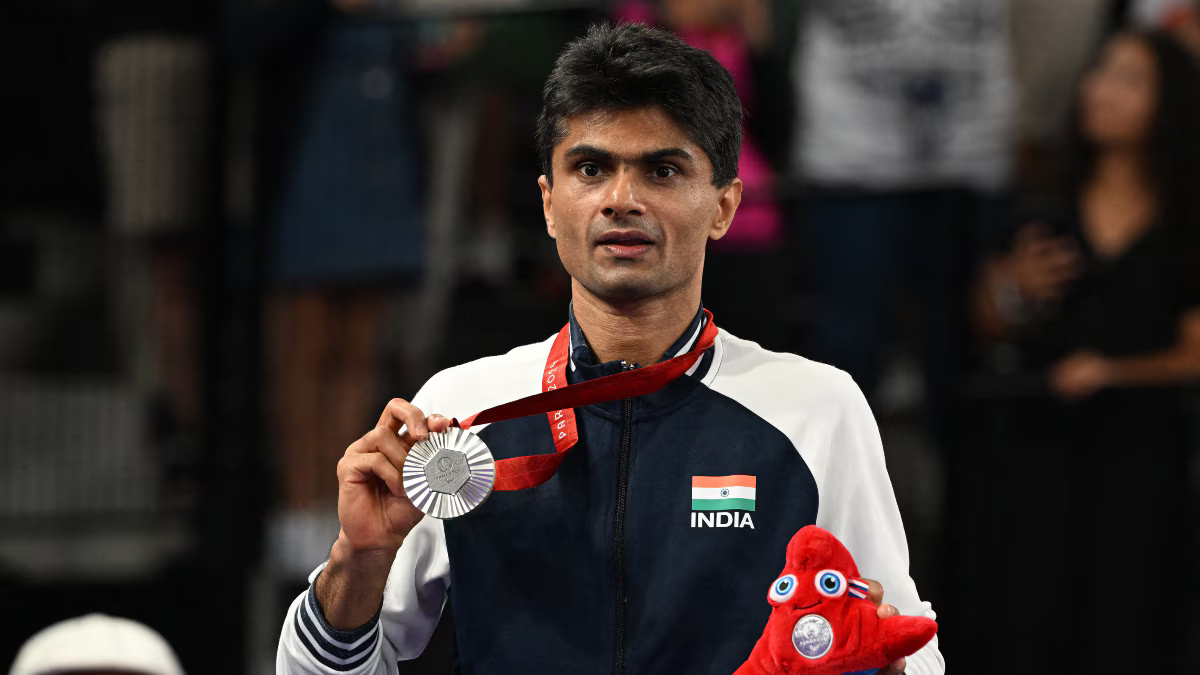
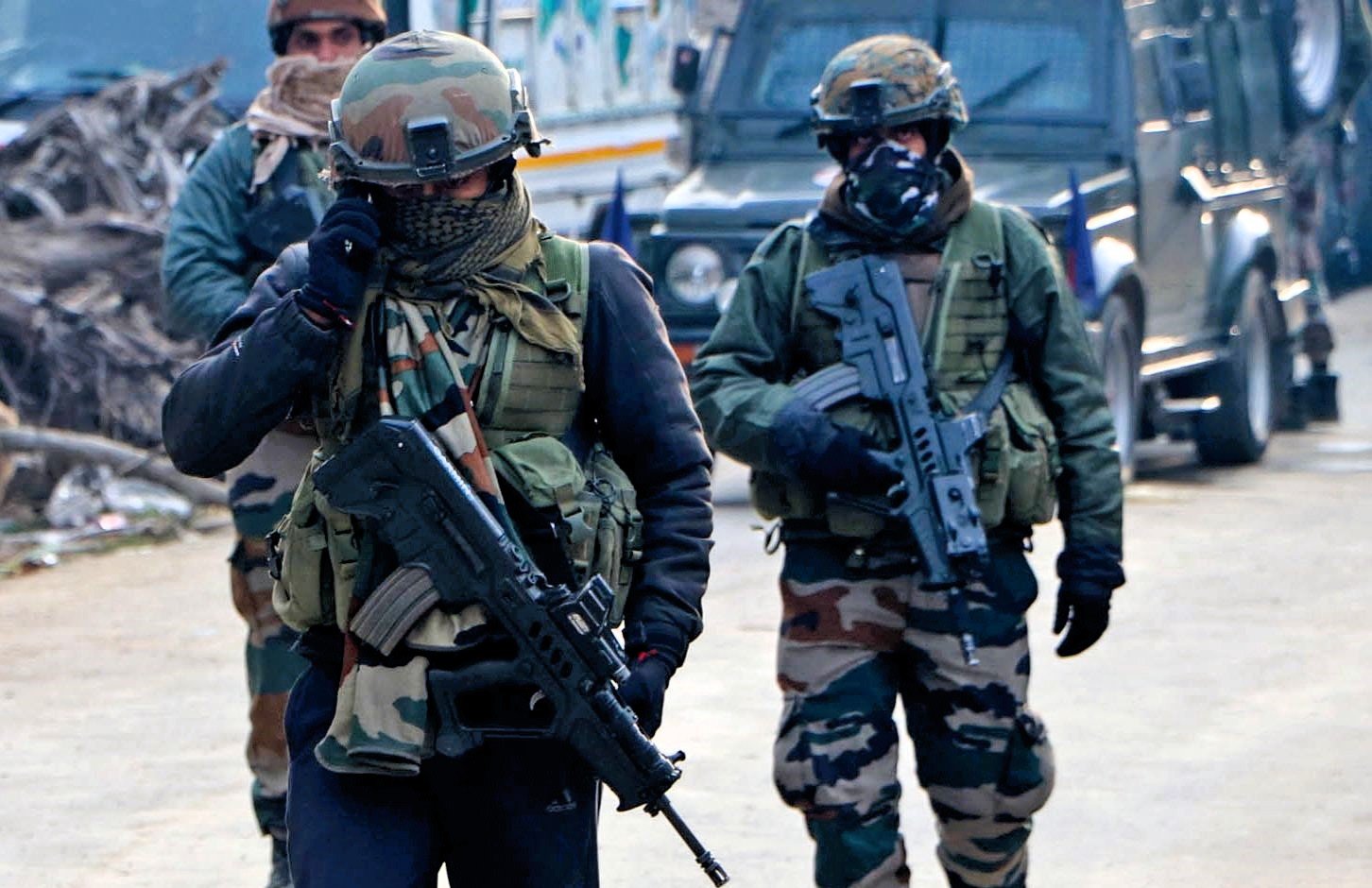

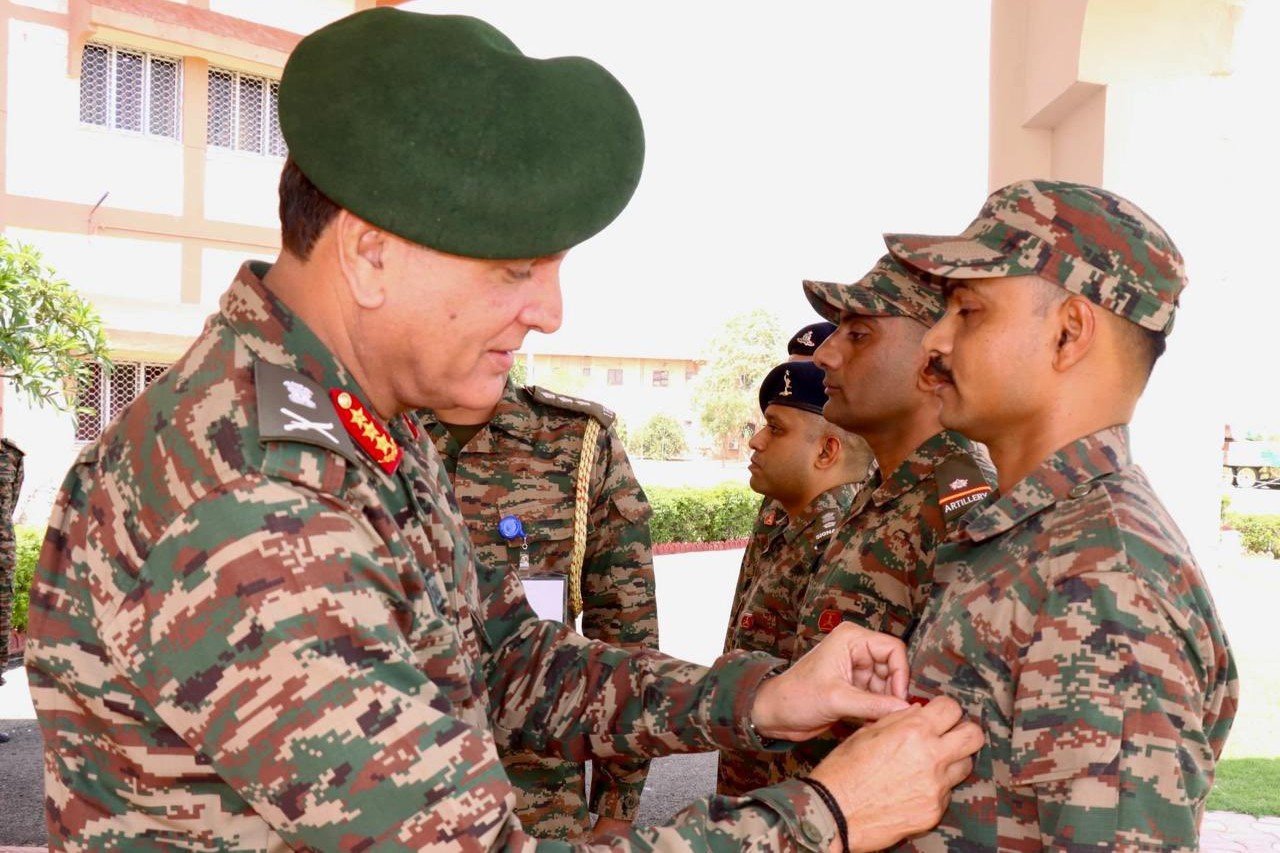
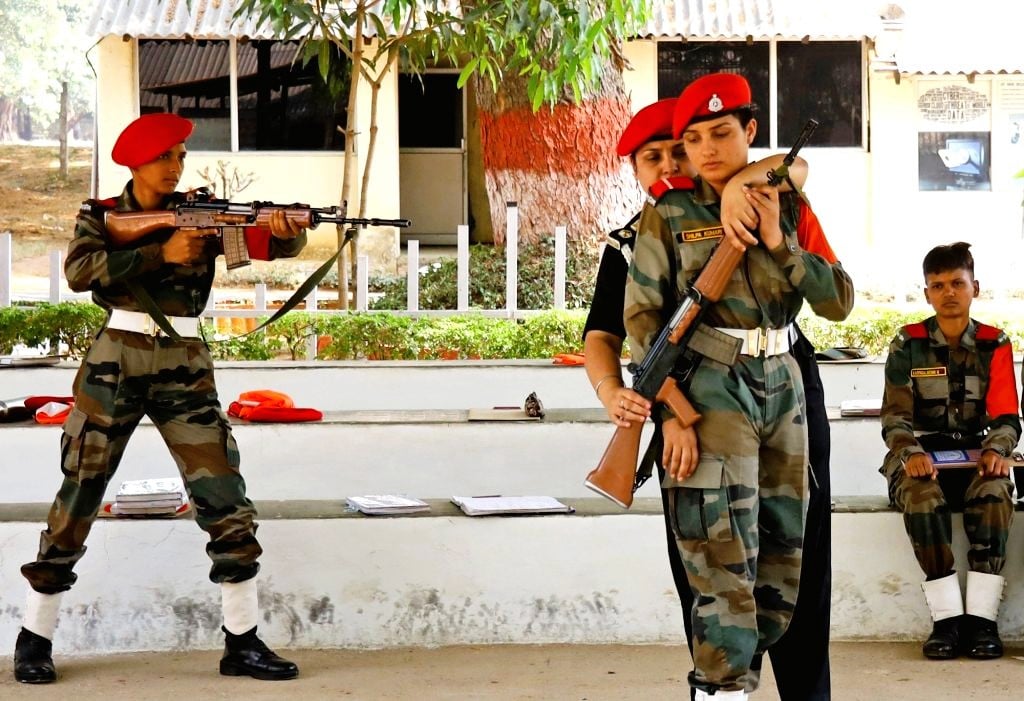
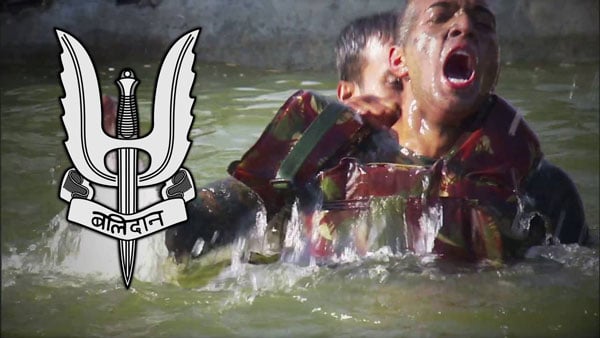
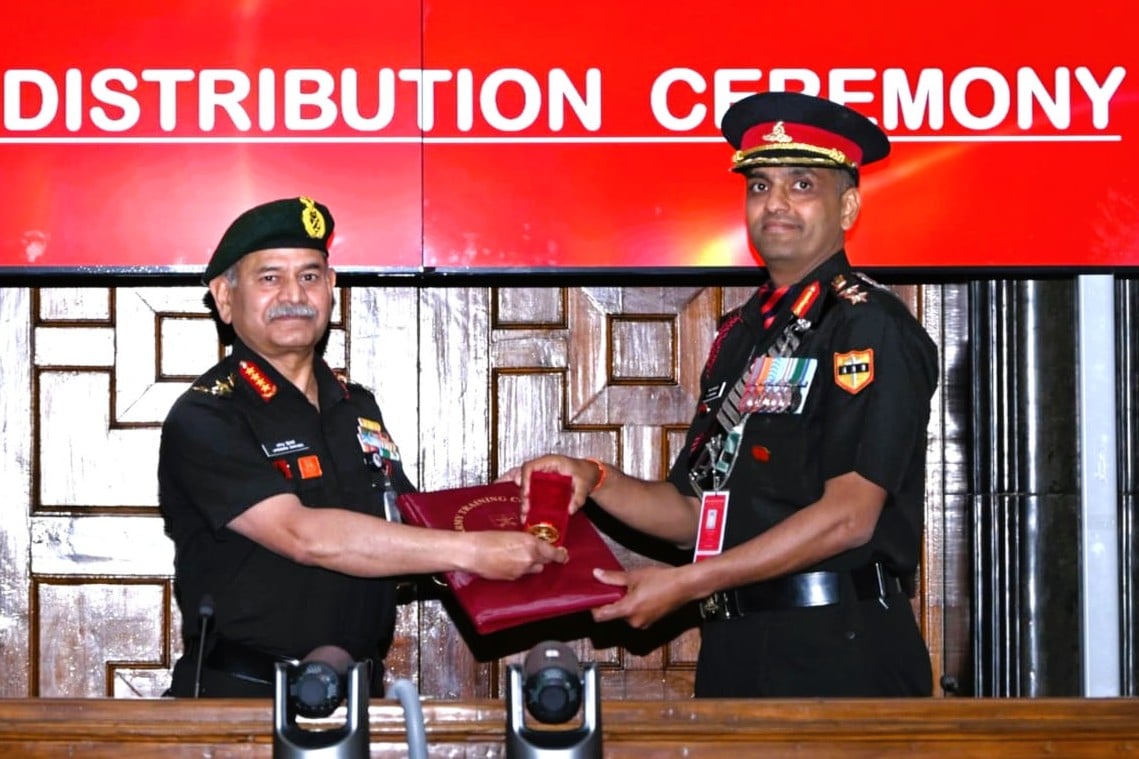
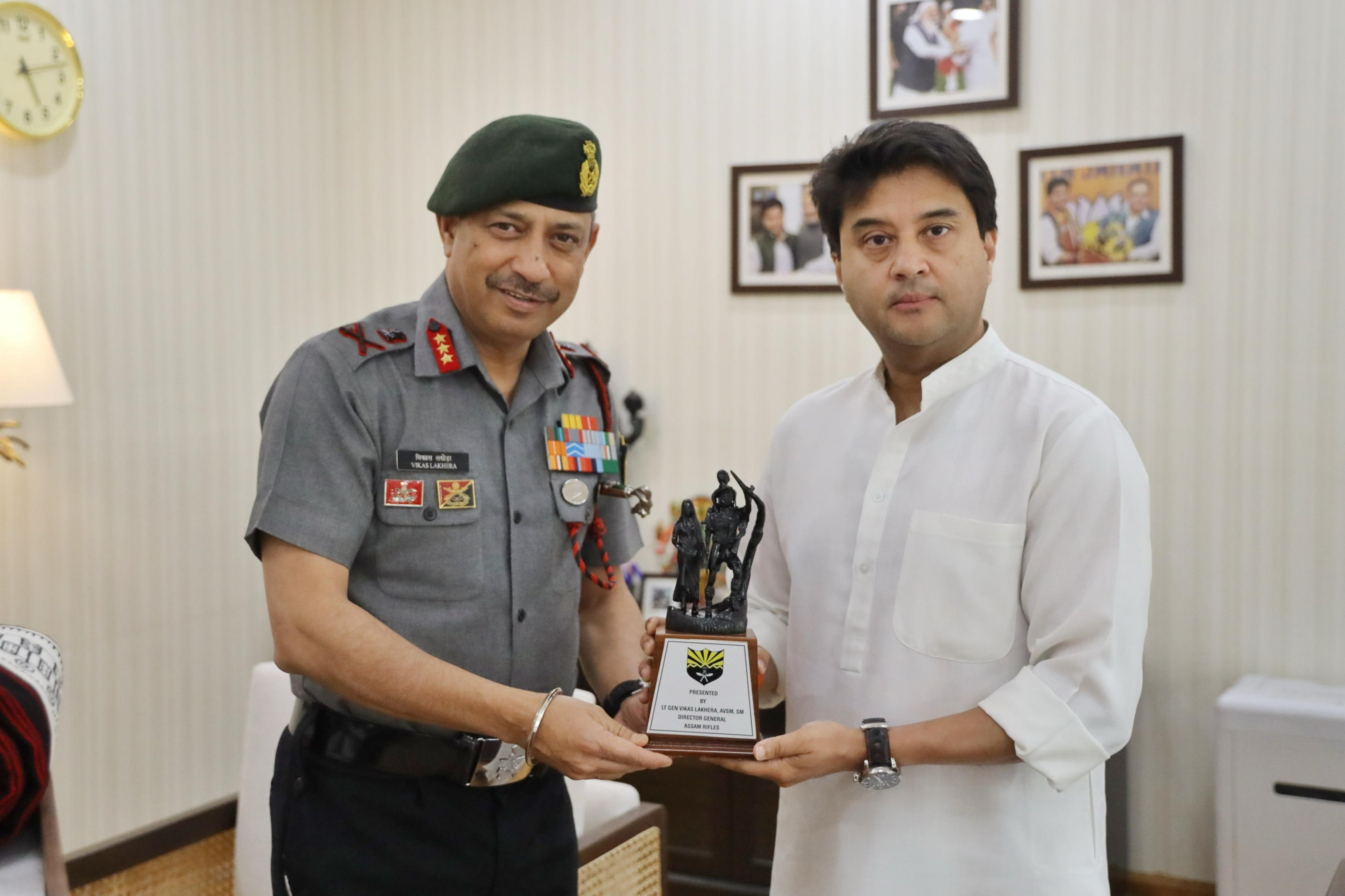
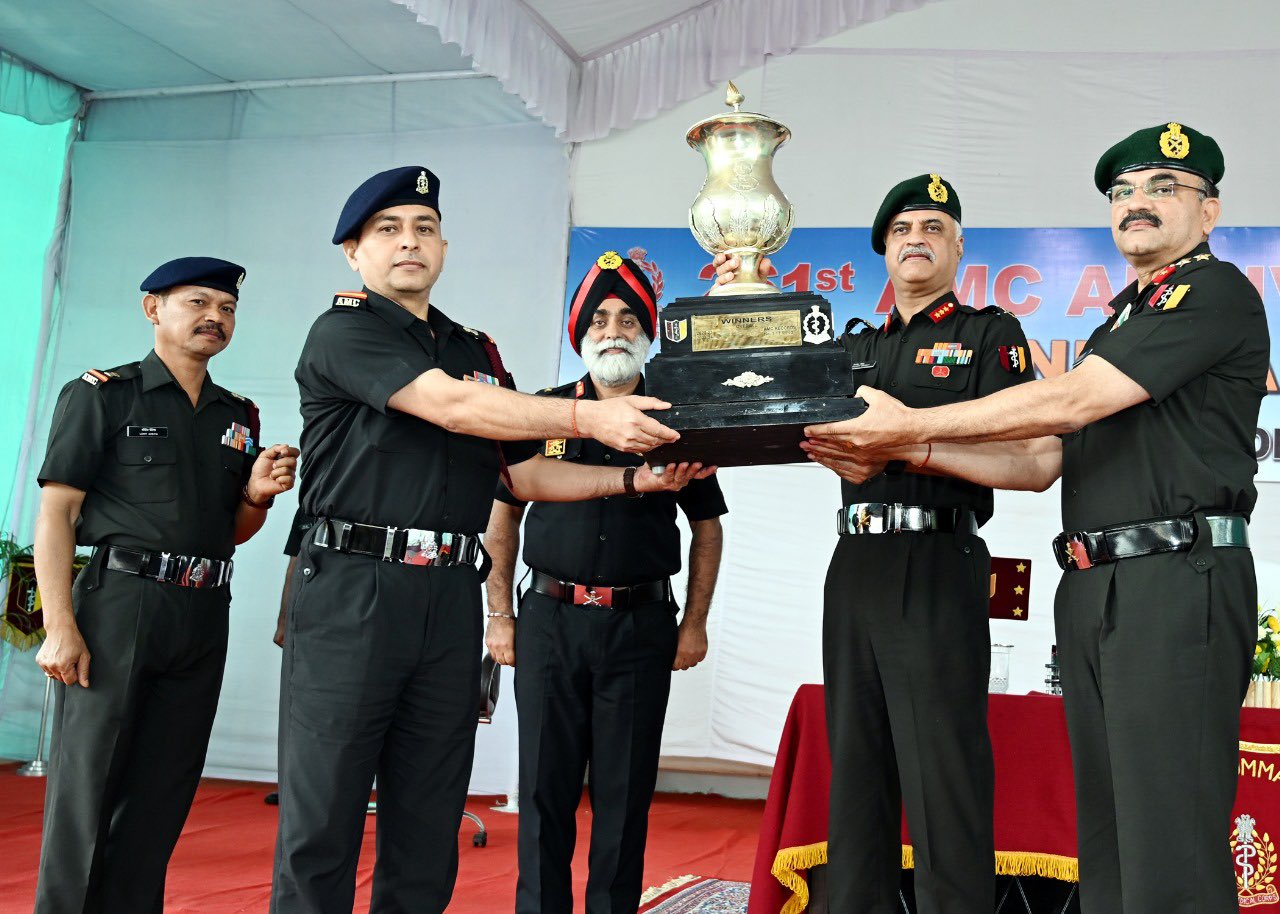
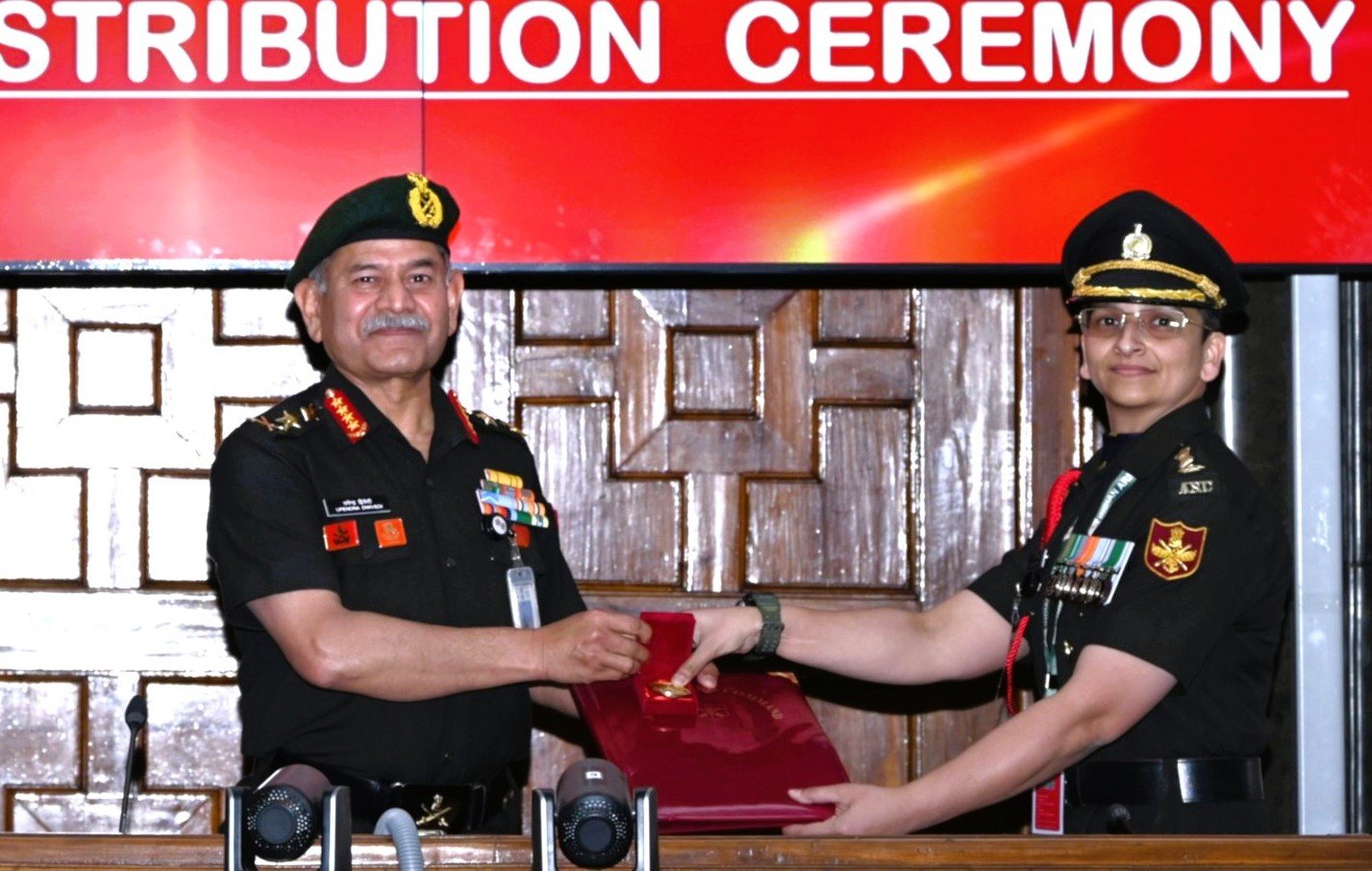
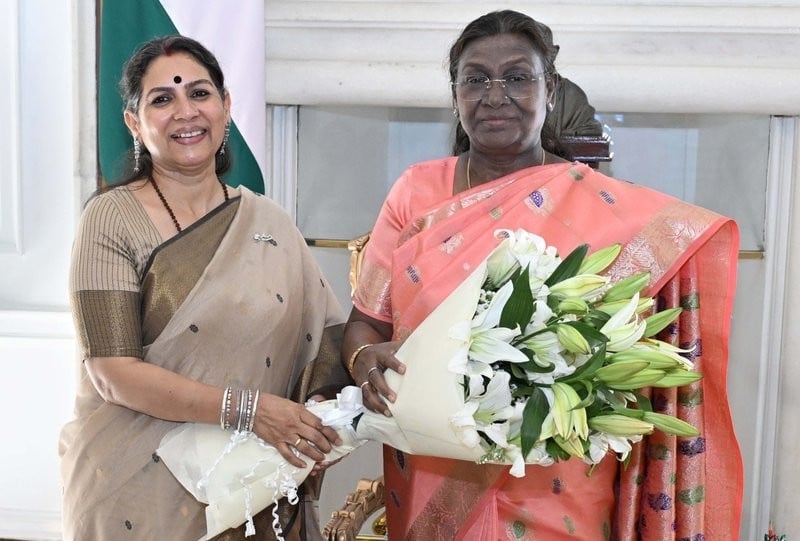

It was a good article. But I cannot agree with some of the things you said. logically challenge everything you said is pure nonsense. I believe that menlly they are strong for women maybe better than men. Don’t forget that women’s lower body is very strong. Privacy, sexual harrasment 🙄 What have you written down? I think women can survive the training period . Of course my desire is to join Special force.
Women should also be given the opportunity to join the Special Force. Discrimination against such women should be avoided. Because of my strong desire to join para commando. Please😭🙏
As a girl I agree to this information, armed forces can provide a little relaxation for special forces recruitment when it comes to females.
There is no place for weakness in the defense. We, women have to be strong enough to deserve this honour.
Stupid, women are stronger then men, Can men give birth? No.
Madam, your comment appears to be unrelated to the topic at hand. The article clearly states that women are encouraged to apply for special forces positions, but the standards will not be compromised. If a woman meets the necessary requirements, she will be warmly welcomed. The article also delves into the challenges related to the biological differences in female bodies.
Dude, we are not talking about human reproduction here. National security is not a matter of fight between men and women. It’s a matter of soldiers, and soldiers have to meet a certain standard to join the SF.
Yes I do agree
right explained, hats off to the author.